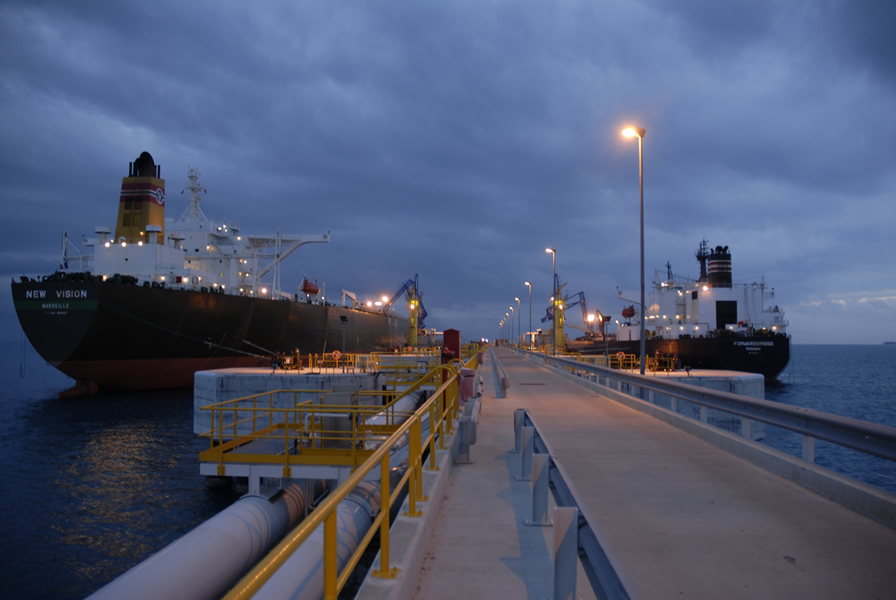Turkey Makes Kurdish Oil Available to Global Markets

Kurdish oil stored at a Turkish Mediterranean export hub is now available to global market buyers, signaling an end to the Kurdistan Regional government’s recent row with Iraq’s central government.
The news was announced in Istanbul by Turkish Energy Minister Taner Yildiz during an Islamic Development Bank and United Nations Development Program (UNDP) jointly organized regional conference, “Scaling up Sustainable Energy Solutions – Role of the Private Sector”.
It would be recalled that the latter part of 2013 saw the completion of a crude oil pipeline between Northern Iraq and Turkey, channeling oil into storage tanks in Ceyhan port in Turkey. However, exports from Ceyhan had to wait until the issue between Baghdad and Arbil over the sale of Kurdish oil to international markets was resolved which came in February when Iraqi Kurdistan gave State Oil Marketing Organization (SOMO), Iraq’s major oil marketing arm, its agreement to export crude.
Ceyhan’s storage tanks where 1.8 million barrels now full of oil for Northern Iraqi are ready for sale, said Yildiz during the conference. Daily, a reported 100,000 barrels are sent to Turkey.
Baghdad, Arbil and Turkey officials take charge in Ceyhan’s Kurdish oil sale, added Yildiz, proceeds of which goes directly to Halk Bank, a state-owned bank in Turkey. He also stated that no Kurdish oil demand is yet received from major oil distributor Turkish Petroleum Refineries Corporation (TUPRAS).
Batu Aksoy, CEO of Turcas Energy Holding mentioned that yearly, 7-10 billion cubic meters (bcm) of gas can be pumped from Leviathan to Turkey. The energy firm expressed interest in a $500 million Leviathan-Turkey gas pipeline partnership project with Enerjisa, a firm owned by Sabanci Holding of Turkey and RWE, a major energy firm in Germany.
An estimated 17 trillion cubic feet of gas, enough to cover Europe’s requirement for a year or huge Israeli requirement is held in Leviathan while Tamar’s is estimated to hold 280 billion cubic meter. These 2 major offshore gas fields could make Israel an exporter and turn Turkey as buyer and a path to other markets, Europe in particular, ending Turkey’s dependence on imported energy. Turkey has been said to seek an alternative to the more costly Russian gas.
